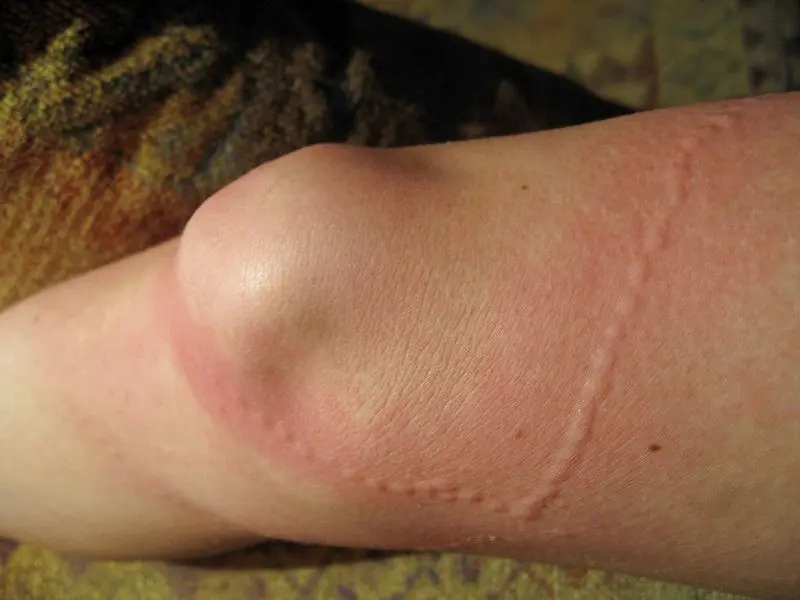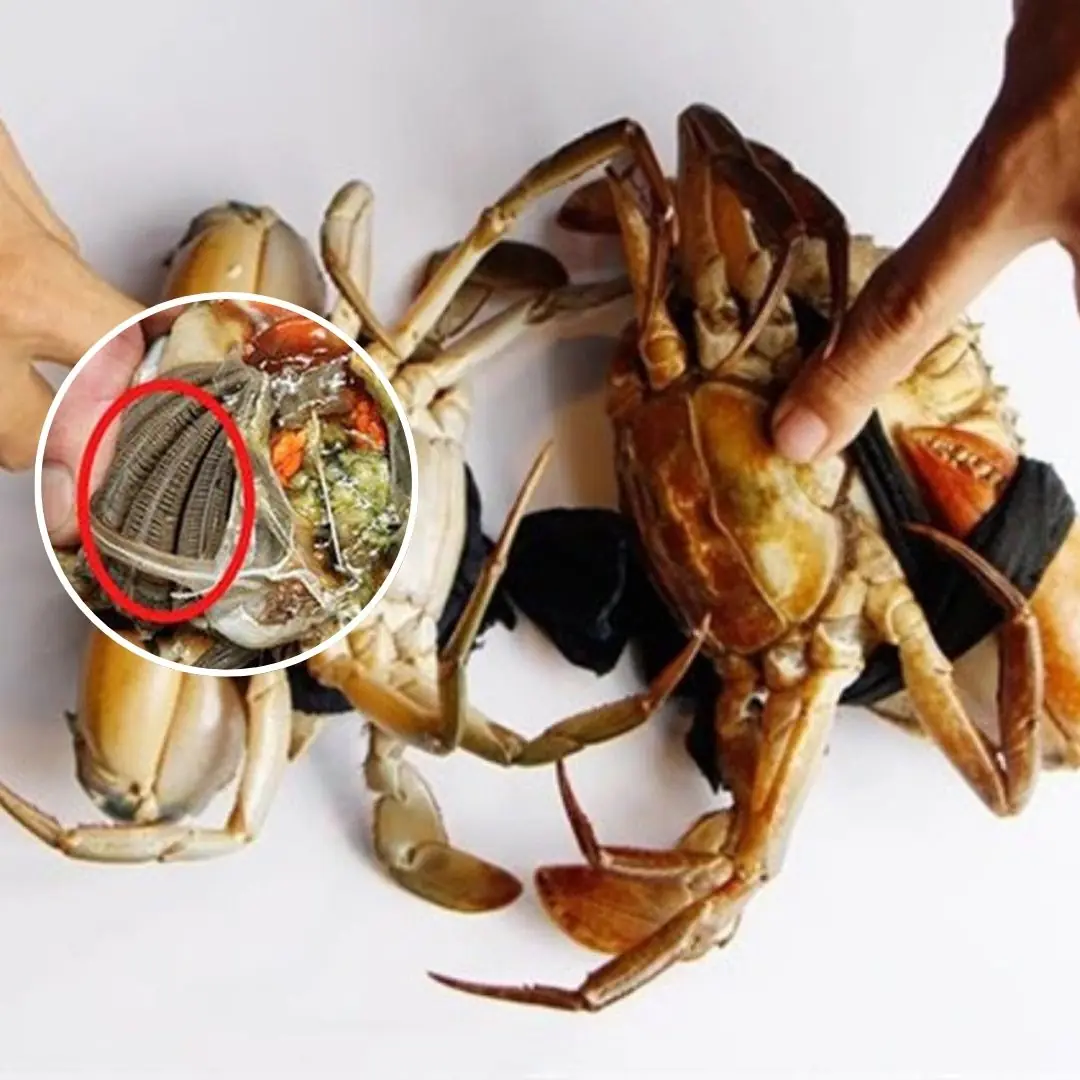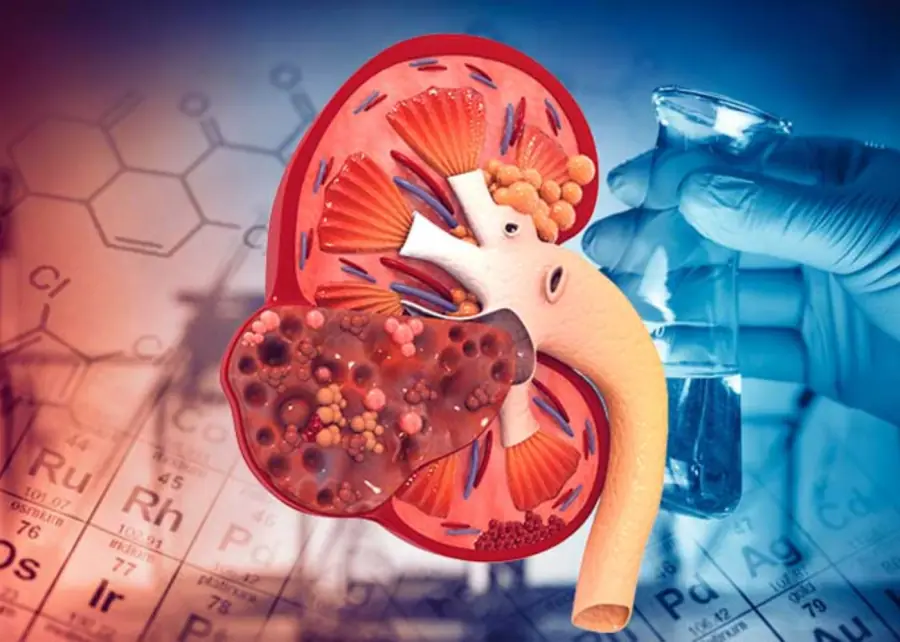
First Aid for Jellyfish Stings: What Science Says You Should (and Shouldn’t) Do

If you live or vacation at the Jersey shore, a dip in the ocean is often a refreshing and fun way to get out of the heat. When jellyfish strike, however, it can really put a damper on a good time. While most jellyfish stings are harmless, some can pack a punch that requires medical care. In this article, Dr. John Kulin at Shore Urgent Care in Northfield, NJ, explains jellyfish stings and how to know when it’s time to head to urgent care.
Is it a Jellyfish Sting?
If you emerge from the ocean with a stinging sensation all over your legs but didn’t see any jellyfish, the culprit may have been sea lice, which are the larval stages of jellyfish that are frequently present in warmer waters. While they may seem harmless, sea lice can sting and cause discomfort. You may experience redness, itchiness and a prickling sensation of the skin. Sting severity can range from mild irritation to more intense reactions, depending on an individual’s sensitivity and the number of sea lice encountered.
Adult Jellyfish have larger stinging tentacles that can also deliver venom to their unsuspecting victims. These stings can range from mild irritation to severe reactions, depending on the species and individual sensitivity. In more severe cases or with certain highly venomous jellyfish species, stings can lead to systemic reactions like nausea, vomiting, difficulty breathing, and in rare cases, even cardiac or respiratory failure.
So, how do you know when a jellyfish sting is just a bump in the ocean or when it’s time to make a big splash for urgent care?
When to Seek Urgent Care:
- Severe Pain and Difficulty Breathing: If you find yourself clutching your chest, gasping for air, and experiencing intense pain after a jellyfish sting, it’s time to sound the alarm. Severe pain combined with breathing difficulties could be a sign of a severe allergic reaction or a sting from a particularly potent jellyfish species. Don’t hesitate—seek medical care immediately for a thorough evaluation and prompt treatment.
- Allergic Reactions: Just like land-dwelling critters, jellyfish stings can trigger allergic reactions in some individuals. If you notice symptoms such as hives, swelling (especially around the face, lips, or throat), itching, dizziness, or a sudden drop in blood pressure, it’s time to leave the beach behind and head to the closest emergency department or urgent care. Allergic reactions can escalate quickly, so don’t wait for them to catch a wave.
- Extreme Redness, Swelling, or Infection: While some redness and swelling are to be expected after a jellyfish sting, extreme or worsening symptoms should raise a red flag. If the affected area becomes alarmingly red, swells significantly, oozes pus, or shows signs of infection such as increased pain, warmth, or red streaks spreading from the sting site, don’t delay—seek urgent care for proper evaluation and potential antibiotic treatment.
- Multiple Stings or Sting from a Dangerous Species: Encountering one jellyfish is unfortunate, but sometimes you’re dealt a real oceanic blow—multiple stings! If you’ve been caught in a jellyfish frenzy or stung by a known dangerous species, such as a Portuguese Man O’War, it’s wise to play it safe and seek medical care. Multiple stings can overwhelm your system and may require medical intervention to manage potential complications effectively.
Heed the Purple Flag Warning

When there is an abundance of dangerous marine life present such as jellyfish (but not sharks), beaches will post purple flags at lifeguard stands to warn beachgoers. Dr. Kulin recommends looking for purple flags, and then heeding their advice and staying out of the water until the flag is cleared to avoid issues.
When Home Remedies Aren’t Enough
You may have heard that the best remedy for a jellyfish sting is urine, but Dr. Kulin advises against this because there are more sanitary options. For most mild to moderate jellyfish stings, you can return to the ocean and rinse with the salt water. Do NOT rinse the area of the stings with freshwater. This will likely worsen the pain by causing further release of toxins from the jellyfish tentacles. Plain household vinegar can also help alleviate discomfort, so he advises you to bring some in your bag when you go to the beach. Frequently, the lifeguard stands will have vinegar for this purpose also. However, if your symptoms persist or worsen after attempting these remedies, it’s time to head to urgent care.
While jellyfish stings are an unfortunate reality of beach life, you can take some measures to reduce the risk. Consider swimming in designated areas with lifeguards, wearing protective clothing like rash guards, and being aware of local jellyfish populations and their peak seasons.
News in the same category


No Fridge? No Problem! 14 Foods That Stay Fresh Without It

O arroz deixado na panela elétrica durante a noite ainda pode ser consumido

Don’t Eat These 3 Parts of a Crab — Experts Say They Could Harm Your Health

Bury these two "trash" in a flower pot: Flowers bloom like a stream, and the fruit is sweet and plentiful.

Cooking Rice This Way Packs as Much Protein as 100g of Beef

Put a Handful of Salt in the Fridge: The “Golden” Trick Every Household Needs

Grandparents taught us NOT to wash clothes at night, NOT to hang clothes overnight - We must obey!

Brushing your teeth before bed is a mistake! This is when you really need to brush your teeth

Add this to the flower water and the flowers will stay fresh all week, despite the hot weather

Warning: 5 fatal mistakes when using electric kettles: Number 4 is made by many people, doctors advise to fix it immediately

6 plants in their house: Drive away evil spirits, attract money, and bring good fortune to their children

Closing the door when turning on the air conditioner is not necessarily good, experts show what to do

Warning: 5 Dangerous Mistakes When Using an Electric Kettle

Pork Storage Hack: Don’t Put It Straight in the Fridge

Shiny, Dust-Free Wooden Floors for a Whole Month

Don’t rinse r.a.w chicken: nine food safety tips from microbiologists

Even If You're Loaded, Don't Buy These 5 Types of Shrimp at the Market

Connect to Free Wi-Fi Without a Password in Just One Step
News Post

He Ignored the Signs, Thinking It Was a Ca.n.ker Sor.e—Now His T.o.n.gue Is Gone!

Couple suffers heart and liver d.a.m.age... after eating white mushrooms

Pouring Hot Vinegar Into the Toilet May Seem Wasteful

Health Warning! Peeing in the shower can severely harm your bladder and pelvic health

Experts Reveal: The Real Carb Bomb Isn’t White Rice

Top 7 Foods To Protect Your Bladder — Plus 7 You’d Better Avoid

Helped Uncle Treat Can.cer but Received a Mysterious Bag in Return

Woman drank 8 limes daily to detox—paid the price for trusting social media advice

Is Eating Soft-Boiled Eggs More Beneficial Than Fully Cooked Eggs?

From a 22-Year-Old's End-Stage Kid.ney Failure: A Wake-Up Call from Your Body’s Warning Signs

10 Juicing Mistakes to Avoid at Home: Boost Your Health the Right Way

Why do hotels usually let guests check in at 2pm and check out at 12pm?

No Fridge? No Problem! 14 Foods That Stay Fresh Without It

Drinking Perilla Leaf and Ginger Tea Is Better Than Any Tonic

Drinking Plain Water Is Healthier Than Eating These 3 Foods in Summer

Can you spot the two ch.il.dren hidden in the picture?

Can the emergency exit door open while flying? — Little-known fact

Cervical Spondylosis — A Common Cause of Neck P.a.in
